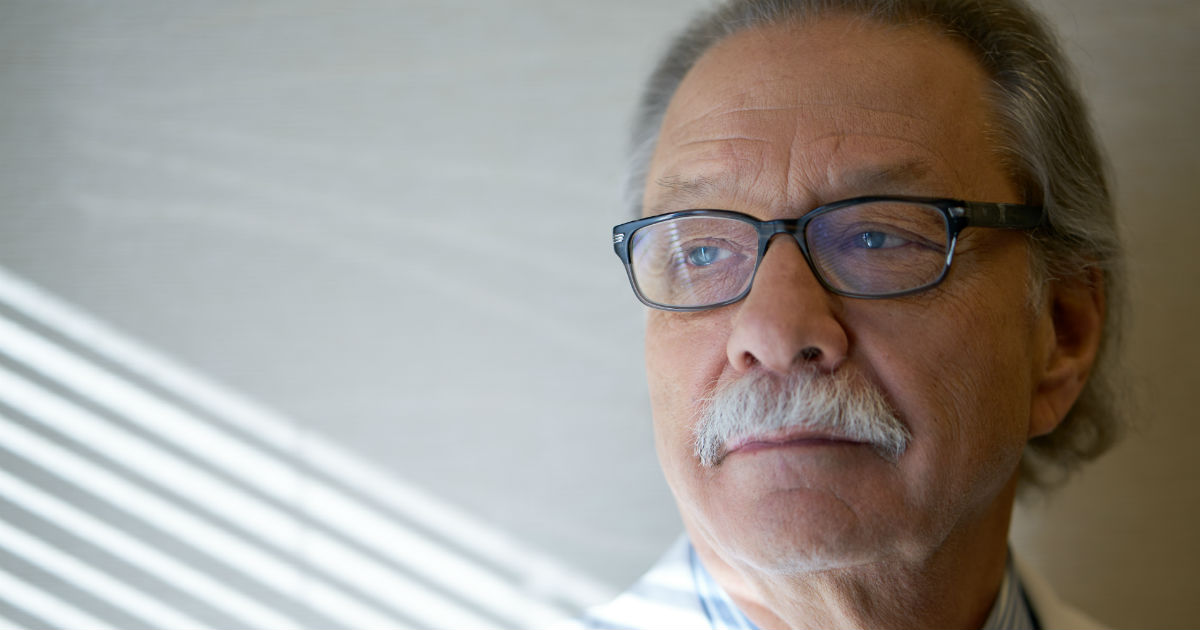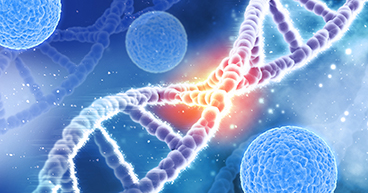
Having a family member with sarcoma has enabled my wife, Nancy, and I to experience the diagnosis, treatment and death associated with this awful disease from the other side of the coin. I have to admit that cancer has become a personal enemy—sarcoma, in particular, because of its vicious nature and aggressive course. The fact that it took our sweet, 24-year-old daughter, Annie, from us made it a particularly distasteful foe.
The American Cancer Society estimates that about 12,750 new cases of soft tissue sarcoma (7,240 cases in males and 5,510 cases in females) will be diagnosed in 2019. A class of primitive, stem cell cancers that can be found almost anywhere in the body, sarcomas comprise 20 percent of all childhood cancers and less than 1 percent of adult cancers.
Sarcoma is often overlooked because it primarily occurs in children and young adults. Often, a physician assumes apparently healthy children and young adults are in good health, without conducting the proper medical evaluation, because the symptoms of these tumors typically involve chronic pain and are attributed to “growing pains” or sports injuries. It has become my mantra that any child or young adult experiencing pain or any other persistent symptom for more than a couple of weeks should be checked out thoroughly. Parents and friends need to advocate aggressively to overcome any reticence that might exist on the medical side.
The empathy I gained through this experience has served as a tremendous incentive to intervene and help improve the quality of life for my patients here at our hospital in Phoenix. I believe a general cure for cancer is still decades away. We are, however, moving in what I feel is the correct direction, through the genomic study of individual tumors and the establishment of extensive tissue banks containing thousands of tissue samples. Genetic analysis of large numbers of tumors will allow us to identify markers that may prove useful in directing treatment in a more predictable fashion.
I remain passionate about cancer care, having lived through the disease with my daughter. My wife and I feel the experience was so awful for Annie that we would do anything we could to ease the pain and suffering associated with this horrific disease and its difficult treatment. We cannot help but feel emotionally connected to cancer patients and their families. I have been afforded the opportunity to help others battling cancer by providing care that is designed to help minimize the symptoms and side effects secondary to both the cancer diagnosis and its treatment.
There can be no reconciliation of the loss my wife and I have endured, but the lessons and experience gained through Annie’s life, illness and death can serve to inspire us and enhance my ability to help my patients and their families. To learn about how you can get involved with helping others, please visit The Sarcoma Foundation of America.

